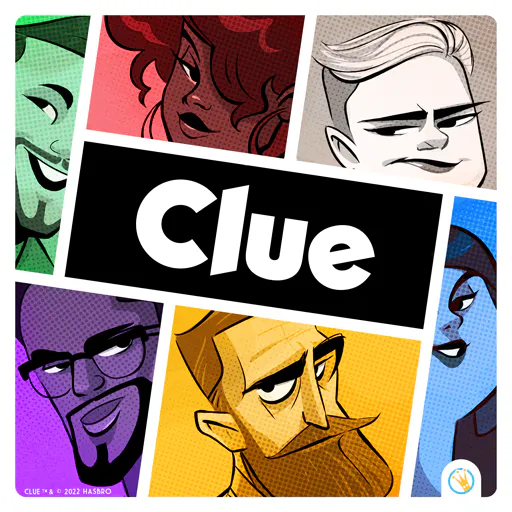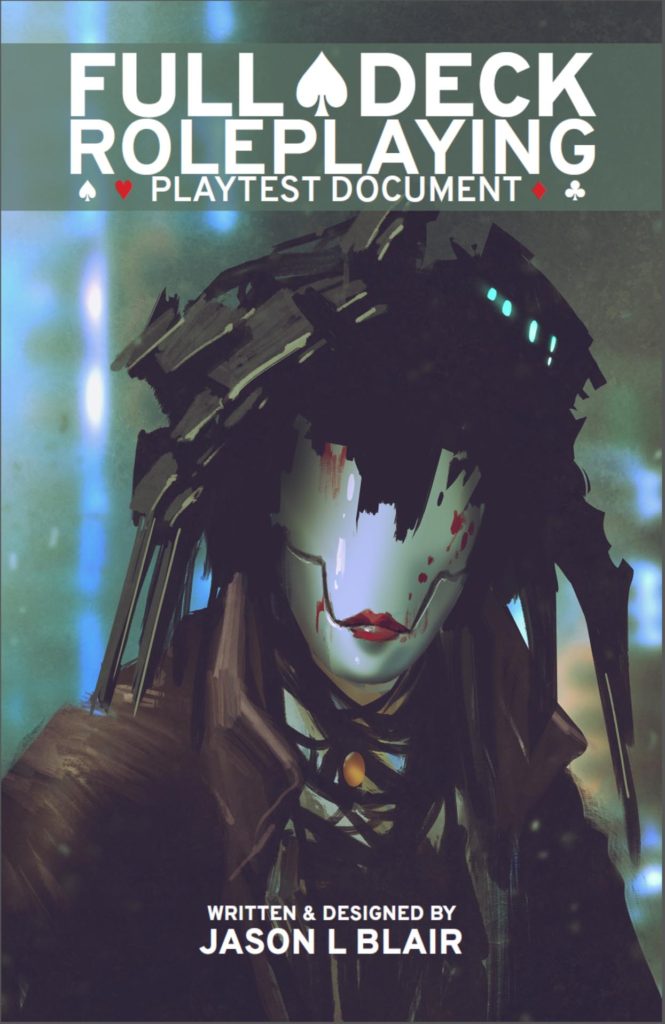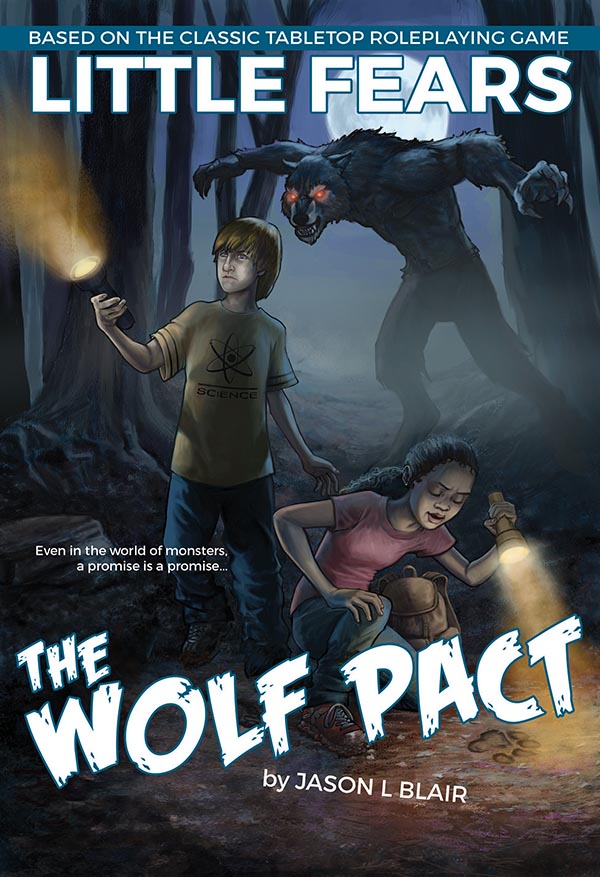Preparing to be Awesome
essays, news, operation: awesome June 30th, 2010A couple weeks ago, I mapped out the basics of my plan to reprogram myself as a writer. It’s a process I call “Operation: Awesome” because that’s an incredibly uninspired and pretentious title and nothing amuses me more than uninspired and pretentious titles.
I’m bringing it up again because the reprogramming isn’t as simple as following a five step plan. Yes, that plan helps. I’d say the plan has been essential for me even though I’m far from being the A-1 Top Storyteller/Writing Machine that I want to be. This is all a process and I’m in the mix. I’m also fortunate to be in a position where I’m applying what I’m learning and what I’m changing in a real world environment. I’m a working writer in the midst of evolution. I don’t foresee a point where I’ll throw up my arms, declare myself to be fully awesome, drop the mic, and walk off the stage. There isn’t necessarily an end to Operation: Awesome. But there was a beginning.
And it began prior to Step One. It began with conditioning myself. It began with making myself ready to be awesome.
Making the Decision
After I was laid off in late 2008, I was lost. I puttered around and toyed with a lot of what-if scenarios. I had no leads, no parachute, nothing local and no way to simply pack up and chase some other opportunity in some other state should such an opportunity arise. I was surrounded by a whole bunch of reality (family, real estate, my wife’s burgeoning and decidedly immobile career) and I felt completely boxed in. As is the case with simple truths, it took a long time for me to realize: When all doors are closed, all doors are equally open.
I went through a phase of manic transition from one pie in the sky to another. I didn’t know who or what I was, what my future was going to be, or even what I wanted my future to be. I was a jumble of stunted potential yearning to be nurtured.
I was also being a complete idiot.
First, I am not what I do as a career. I knew who I was. What I was doing was trying to shoehorn that into whatever slim opportunity batted its eyes at me. Second, my future was going to be my past if I didn’t act soon. Third, I knew what I wanted my future to be. The problem is I was smothering it in the vain hope someone else would rescue me. Fourth, waiting for someone else to nurture me is what I’d been doing for the past five years. And it was destructive. It was sapping my will. Along the way I developed bad work and creative habits. I lost motivation. I seized up. I wasn’t learning, wasn’t aspiring, wasn’t inspiring. I had become stone.
I needed to become fluid. In order to achieve what I wanted to, I needed to do a few things first. Chief among those was firing my boss.
See, because I was unemployed. I was acting like labor but I needed to be management. I needed to promote myself from the engine room to the captain’s seat. That “captain of my soul” thing? That’s what it’s talking about.
Once I decided to head up my own operation, I took inventory. I came to the realization that I did in fact want to be a professional writer. I wanted to write books, films, video games, comic books. I did not want to design tabletop games anymore. I love games and will continue to play them but I had spent 10 years in the tabletop industry and I needed to move on. While there, I learned a lot, made great friends, did some good work, got some recognition, had a lot of memorable times, even earned a buck or two. But it couldn’t be my aspiration. I had lived that dream. Tabletop games were my primary career (complete with living wage) for years. My best work had been shelved prior to publication, which stings to this day, but that wasn’t why I needed to leave.
I wasn’t challenged by that industry anymore. Not to say there aren’t challenges in that field. They just aren’t mine to meet. I did what I wanted to do, said most of what I had to say. I was already out of vogue. I didn’t want to become a relic.
So I made the decision: I was going to be a professional writer.
You can stop laughing now.
Understanding My Process
As is probably true with most folks who do anything, creatives have a process, the means by which they make whatever it is they make. Some hold their process aloft, a thing to be worshiped, while others shove theirs under the bed, a shameful thing they wish they’d never met. I knew my process. Well, I knew it enough to know it wasn’t working for me. I had a process but it wasn’t a productive one. So I chucked it and built a new one from scratch.
I took all those cliches, all that musty advice I’d heard over the years regarding writing, and I did something I swore I’d never do: I followed it. And it’s working. I outline, I study the current offerings within the genre, I write up character sheets.
I’m getting better at sifting the good ideas from the other ones. I don’t rush off to follow one story just because it’s new and shiny. I set it aside. If it’s a good one, if it’s worth doing, it will be there when I get back. If it’s a bad idea, well, maybe there’s something I can salvage from it. I reckon I had the idea for a reason, even if it’s not the reason I initially thought.
I also realized and put into practice the idea that my attachment to a story shouldn’t weigh more than other factors when it comes to deciding what I should be working on.
Once I was able to create a process for myself, I was able to lay down the stonework that would lead me through the forest of story writing and get me where I want to be.
Breaking Bad Habits
Understanding my process is one thing. Following it is another.
I needed to break my bad habits. I needed to break the game of leap frog from one story to another and back and sideways. I still struggle with this—I may always—but I realize it’s a fault and strive to correct it.
Another bad habit? Being on the clock the whole time. This, more than any other habit, has been hardest to break. I started my first publishing house in 1999 and always working became my way of life. If I wasn’t working, I felt like I should be. Thus I was distracted even if I didn’t have anything to do.
I try to block out my day so that when I’m in “writing time” I’m actually writing. The time I’m spending to write this blog post is from my writing time. See, it’s working!
It’s like having a car constantly running in your garage. If it’s always idling, you think “Man, should I be driving now?” No matter what you’re doing, you think about that car in the garage. It becomes a thing waiting for you. You wonder if there’s somewhere else you should be, someone waiting for you. But if you turn off the car, if you understand that you don’t have anywhere else to be right now, then there’s no pressure. You’ll know that when the car’s on, it’s time to drive. When it’s not, leave it parked. Go. Do other stuff.
Another bad habit? Being lazy. Which I am. Oh, I most certainly am. But I have chosen a career where laying in my chaise with a computer on my lap is part of the lifestyle so some appreciation of comfort should be fostered. By segmenting my time, by recognizing writing time as writing time, I’m motivated to use that time for what it’s intended. Also, sticking to the process I’ve defined allows me to put a bunch of those work-avoiding excuses I’ll come up with in the garbage disposal.
I can’t think of the next scene? Check the outline.
I don’t know if this character would…? Check the character sheet.
Cut the excuses and being lazy becomes a choice that carries weight rather than an inevitability. And I’m not above using guilt as a self-motivation technique.
Being lazy affects my entire state of being. And leads to the worst habit of all.
Not writing.
“What do you do?”
“Oh, I’m a writer.”
“Really? What are you working on?”
“Oh, I’m still in the planning stage.”
Yeah, that planning stage. Y’know, self, when you don’t outline, do character sheets, or read relevant materials for inspiration, what exactly makes up the planning stage?
Not writing. That’s what makes up the planning stage.
If I call myself a writer yet don’t actually write, I guess I’m free to call myself whatever I wish since titles don’t require you to actually do anything.
“What do you do?”
“Oh, I’m an astronaut.”
“Really? What missions have you been on?”
“Oh, I’m still in the planning stage.”
Another bad habit? Wanting perfect first drafts. What utter horsecrap this is. Writing is a craft and with every story you’re building a prototype. Sure, you may be using pieces from other projects, using other models as a guideline, but you’re building your own thing. And it won’t work perfectly the first time. But that’s okay because you’ll refine.
And it’s easier to refine a shoddy first draft than it is a blank page.
Another bad habit? Not hitting deadlines. I was awful at this, up until very recently even. During this stage of the process, I pursued some work just to give myself deadlines. I met them too. No applause necessary since they don’t make up for all the ones I didn’t in my past life but I know now that not hitting the deadlines back then was my own fault. If I accept work, I do it knowing the scope, knowing the time frame, and aiming my sights directly at that.
I had developed a lot of bad habits over the years. Some were the product of early success, complacency, entitlement, and/or laziness. Some of it was an eagerness to please or be accepted that led me down dark alleyways. If there’s an upside, it’s that, had I been perfect, I wouldn’t have learned nearly as much as I have these past twelve months. And I consider the past year, particularly the past six months, to have value far beyond the gift of time.
So: Recognize the bad habits. ADMIT they are bad habits. They’re not quirks, not how I operate, not my “process.” They’re excuses, hindrances, and big ol’ road blocks between me and my goal. Don’t need ’em. Don’t want ’em.
Focusing on the Goal
Knowing my goal, being able to see my goal, and now keeping my sights on that goal. That means no distractions, no not doing the work, no ignoring the lessons it’s taken me so long to learn, no shortcuts.
Focus on the goal.
Which sometimes means…
Saying “No”
Once I realized that I had to spend my time on projects that paid well and were part of my career plan, once I dedicated to Operation: Awesome, I had to turn down work that didn’t match the criteria. That meant turning down some really cool projects as well as delaying some smaller work for friends. Initially, that was because I was initiating this whole process. Then work that fit both criteria came along and shoved that smaller work further down the priority chain. Consider that a remnant of my former life.
It’s regrettable, and I mean that sincerely, but Operation: Awesome is about the big prize which is something I may never obtain but at least I’ll be able to say I tried.
Wrapping this Up
By going through these steps, by redirecting myself, by accepting my passion, I’ve found myself again. I’ve gotten my voice back, my confidence back. I want to learn, to grow. I don’t cower when confronted by an obstacle; I find a way over, around, or through it. I know what I want and am mapping a plan and amassing the forces to make the run. I’m ready now to fulfill the promise my teenage self made two decades ago.
I’m ready to be awesome.



July 2nd, 2010 at 2:41 am
I want to be so awesome I cause witnesses to go blind.